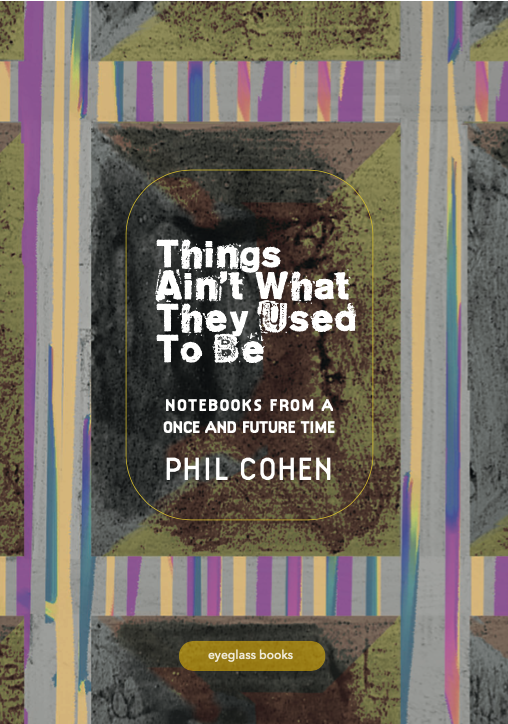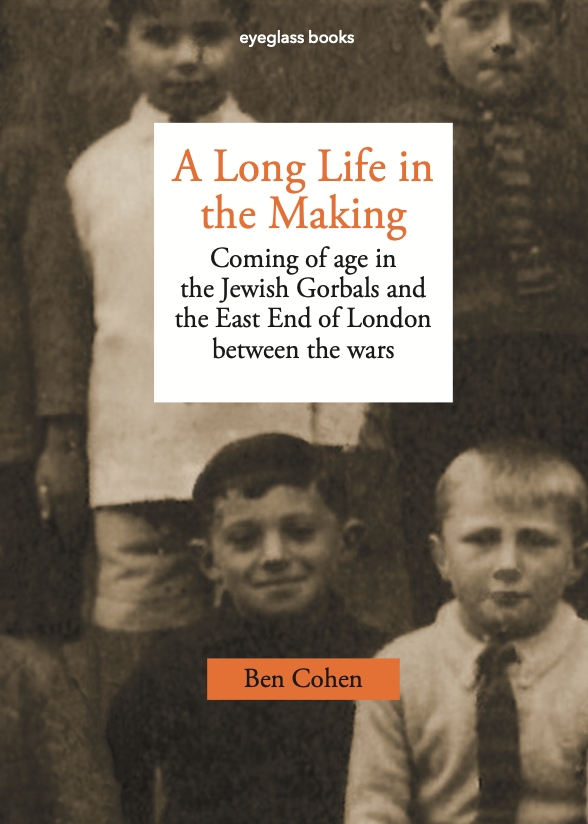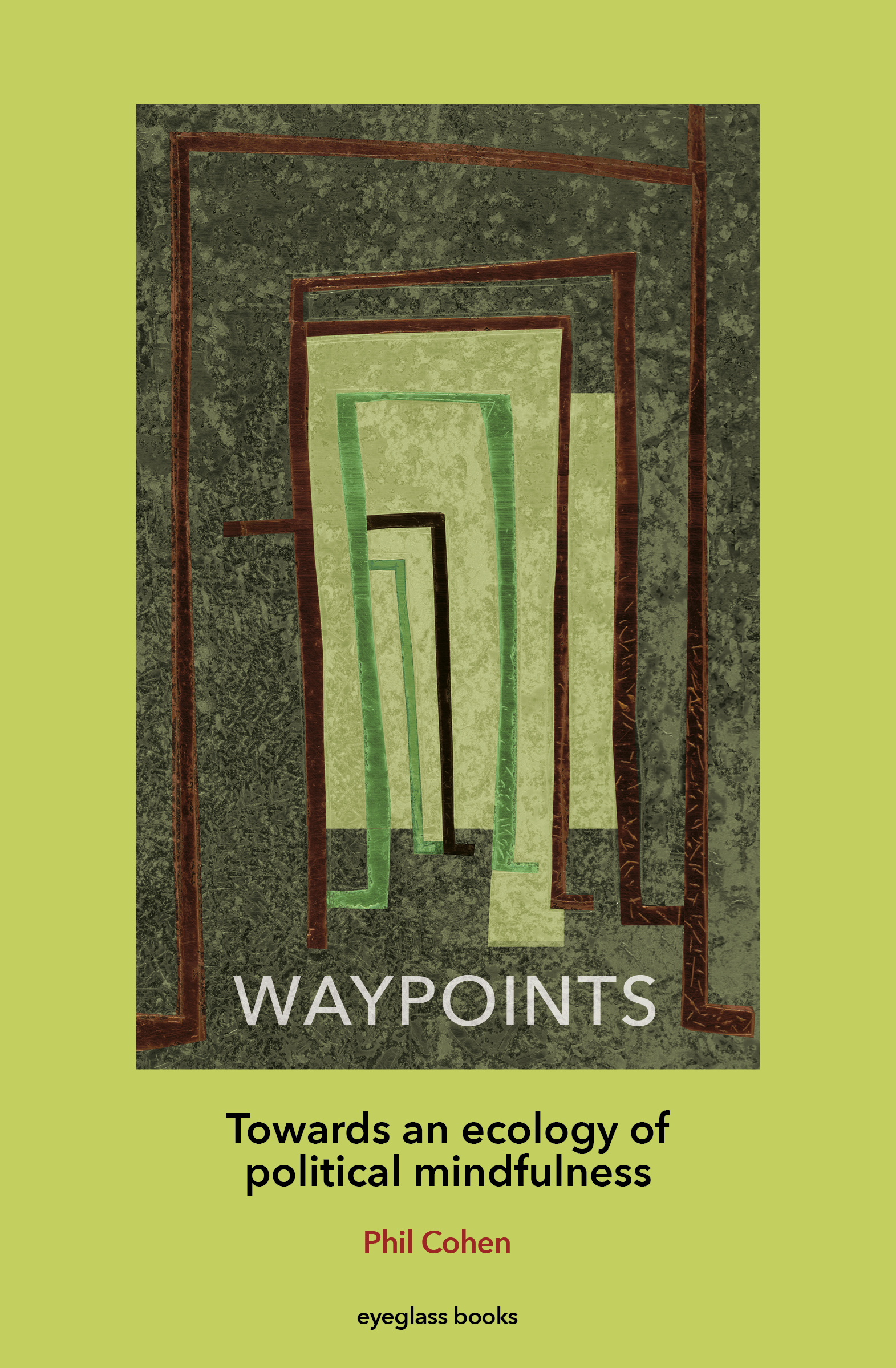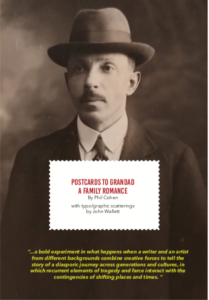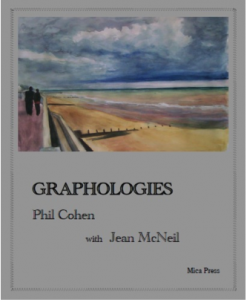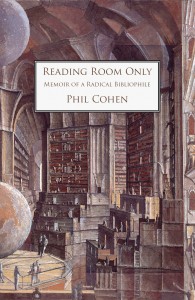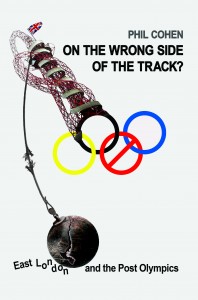To blog or not to blog that was the question. Is it always nobler in the mind to keep one’s thoughts to oneself rather than complain about the slings and arrows of outrageous fortune? Blogging often seems to have become just another excuse for grumbling, although as a medium for sharing grievances is obviously has its uses. Blogs are the parish pumps of cyberspace, where gossip in one form or other rules OK. Many blogs I have looked at are virtual soapboxes or pulpits, platforms for preaching a message, if not to the already converted, then at least to the cybermasses. Others are more intimate and take the form of confessional diaries which log the vicissitudes of personal relationships or the ups and downs of everyday life . Blogs by people who are famous or in the public eye are usually an exercise in self promotion, a way of keeping in touch with the fan base by feeding them little gobbets of personal information or opinion. The Bloomsbury group would have made good bloggers because they were convinced they were going to be famous from an early age and spent a lot of time recording their sayings and doing for the benefit of posterity.
Not being famous I was relieved of the delusion that anyone would be interested in what I had for breakfast or my taste in pullovers. But not wanting to use a blog for the purposes of complaining, preaching, confessing or advertising, I began to think that I was better off writing letters to the papers, or taking up Yoga. I belong to a generation that has not grown up with the Internet but has come to feel quite at home with it, without for all that regarding on line publishing as anything but a second best to getting your name in print. Still I had to admit that satisfying though it is to get letters published by the Guardian, the Independent, the Times, and even once, the Telegraph, no-one had got in touch to offer me a job as a columnist so I could air my opinions weekly on topics of the day.
Having sufficiently discouraged myself from embarking on the project. I then thought of another possible model. My partner, Jean, is a painter and I have always been intrigued by her sketch books in which she notates visual ideas, and makes first attempts at landscapes that will subsequently be fully worked up on canvas. Writer’s notebooks are usually more fragmentary, consisting of quotes, observations, odd scraps of information in a pretty chaotic collage. But I liked the notion of a blog as a kind of sketch of ideas that are being worked on, giving the reader a glimpse into the thought process, without having to produce a finished piece of work. So here goes…..
Publish or Perish
For the past year I have been working on completing three books: a memoir, a book on East London and the Olympics, and a collection of my academic work on memory and narrative. Three very different kinds of texts, addressed to different, though overlapping readerships. So I have been engaged in the tortuous and often frustrating business of finding suitable publishers for each of them. And it is a business, requiring a business plan in the form of a book proposal that has to be carefully crafted to press all the right buttons. Fortunately I had the advice of Donald Nicholson-Smith, my best friend and an old hand at this game, as he is a professional translator who has the experience of dealing with countless publishers over the years, and is an acute observer of the changing publishing scene. I was fortunate to find two very appropriate publishers for the memoir and the Olympic book both of them with lists that I am more than happy to be part of. My editors, Ross Bradshaw at Five Leaves and Sally Davison at Lawrence and Wishart have both made creative contributions to improving the books in both style and sub stance, and I have been able to discuss every aspect of the production process, from cover design to footnotes, with them. By no coincidence these are small left wing publishers who are keen to develop personal relationships with both their authors and readerships, and who see books as contributing to the republic of letters. In that sense they are carrying on a long established tradition in which publishers see their role as being to sustain a public culture with commercial considerations being secondary.
When it comes to academic publishing it is quite a different story and I had a very different experience. Palgrave have published most of academic work in the past, so it came as quite a shock to learn that they had changed their policy. Their Cultural Studies editor thought my work did not fit in with their list, although the Social Science editor thought it did fit with hers. After a favourable reader’s report I was offered a contract, but only for a hardback edition selling at sixty quid and as an e-book, with an option on a paperback after eighteen months if the book did well. This was their policy with research monographs. Although the book does presume some interest in recent debates in the arts, literature and the human sciences, it is not a standard academic text. For example it contains extracts from a memoir and a fable as well as theoretical analyses and both historical and ethnographic texts. The editor at Palgrave recognised that the book might possibly cross over from the academic market to reach a more general readership, but apologetically admitted that they were not geared up to promote the book in this way.
The ‘general reader’ on this view is either a seriously endangered species or an altogether mythical creature, a figment of the writer’s imagination, although there is some evidence that the stratification of reading publics is weakening and the distinction between the ‘professional’ and ‘amateur’ reader is becoming increasingly blurred.
A further problem that academic publishers have with my work is its inter-disciplinarity. It works across ethnography, psychoanalysis, narratology, cultural geography and social history and en route engages with debates in social epistemology, literature and aesthetics. It’s not that I am a polymath; it is just what happens when I start to take an idea for a walk. But it does mean that the stuff I do cannot be neatly pigeon holed in the academic publisher’s catalogue, which is usually discipline, based. Although there is a lot of talk about the need to break out of professional silo’s and put different disciplines into conversation with each other, there is still the suspicion that someone who does this is a maverick, a rolling stone, or a ‘jack of all trades, master of none’. In the Academy reputational status and identity still largely depends on being recognised as an authority in a specialised subject or field. If you can invent a new field of study around your specialist field of research your academic name is made. An academic once wrote a book about the history of the carrot, which was actually a history of capitalism told through that vegetable. It was a very interesting book but unfortunately reviewers threw a few rotten ones back at him, and any ambition he might have had of setting up an Institute of Vegetable Studies or becoming the founding editor of an International Journal of Comparative Carratology went up in a smoke.
The first rule I learnt in the art of selling a book to an academic publisher was to position it very clearly and carefully as occupying a distinctive niche in the market place of ideas. That means defining your theoretical or political standpoint from the outset and making a case why your book is absolutely original, and quite unlike anything else that has ever been written. Now it strikes me that these two demands are quite contradictory. A position is something you share with other people with whom you are in conversation. The book is simply a contribution to that on-going dialogue. But from the publishers point of view these colleagues are not fellow conversationalists but market competitors over whom you are trying to gain an advantage. This view is based on notion of book sales as a zero sum game: if a reader buys a book about carrots written by Professor X, s/he is not going to buy another book on the same subject by Dr Y. Now this rule may apply in some cases, but book collectors do not work like this. If you are interested in the history of carrots, or capitalism, and are building a library around your interest then you will want to buy every book on the subject you can get your hands on, and whether Professor X and Dr Y happen to agree or disagree about the role of the carott in the development of capitalism matters not a jot. This is an idea I take for a walk in my memoir, Reading Room Only that by no coincidence is subtitled: memoir of a radical bibliophile.
In the meantime I am still looking for a publisher that might want to publish ‘Borderscapes’ in an initial paperback edition, because I am not happy with the prospect of the book simply sitting in libraries, or being downloaded to be read. I want it in bookshops and on people’s bookshelves at a price they can afford. The text contains a lot of detailed readings of paintings and photographs which are reproduced, and I think the artists and photographers I discuss deserve to have their work available in a format that enables the reader to look at them closely and refer back to them if need be. On which note of complaint, not to say advertisement, I think I had better end .
